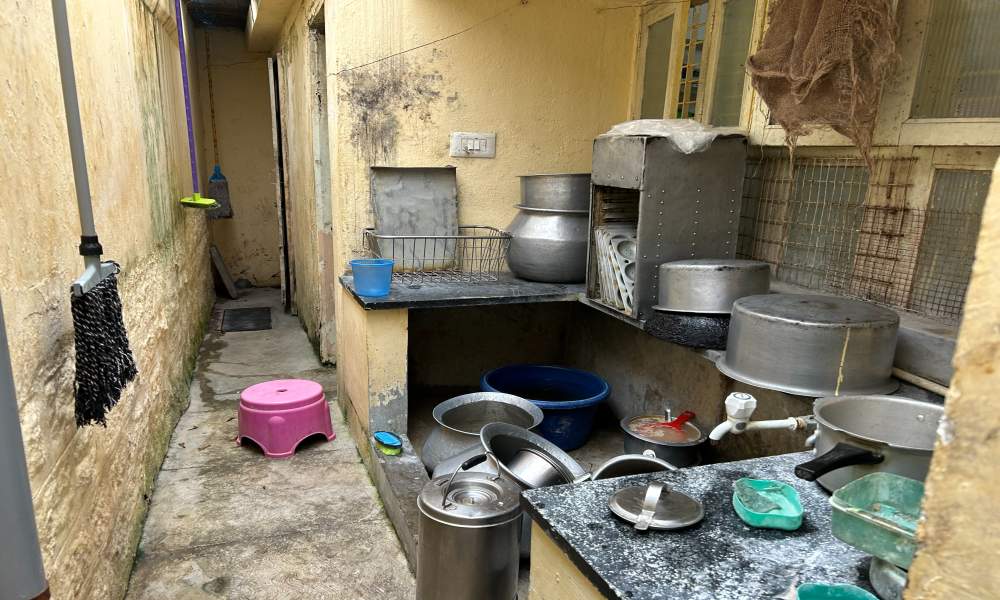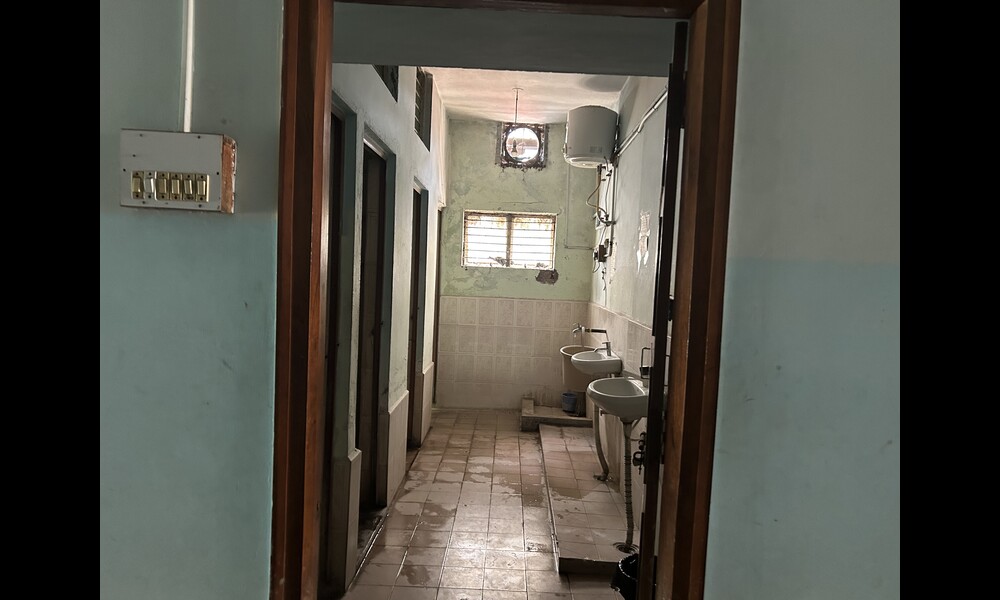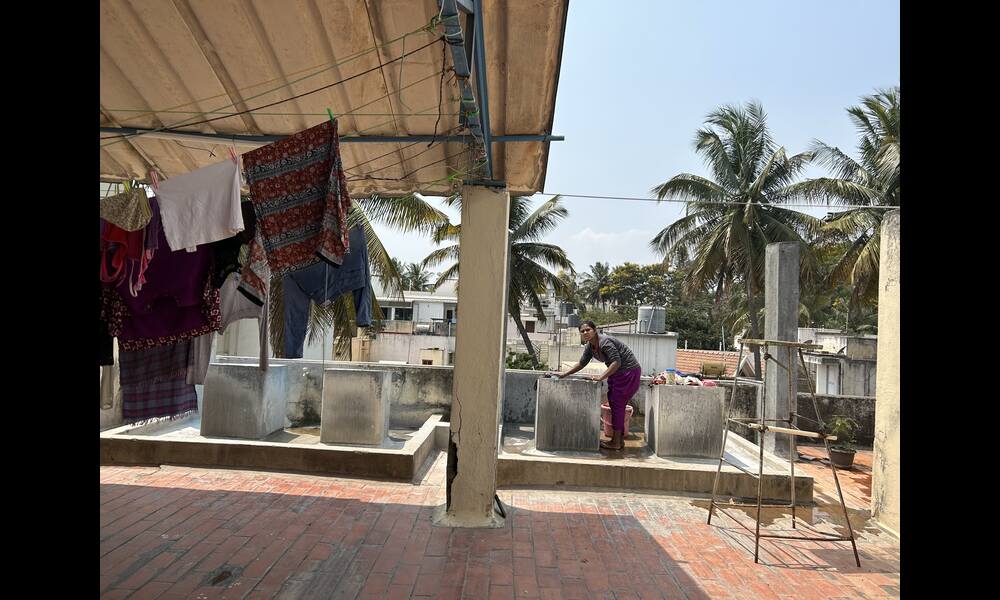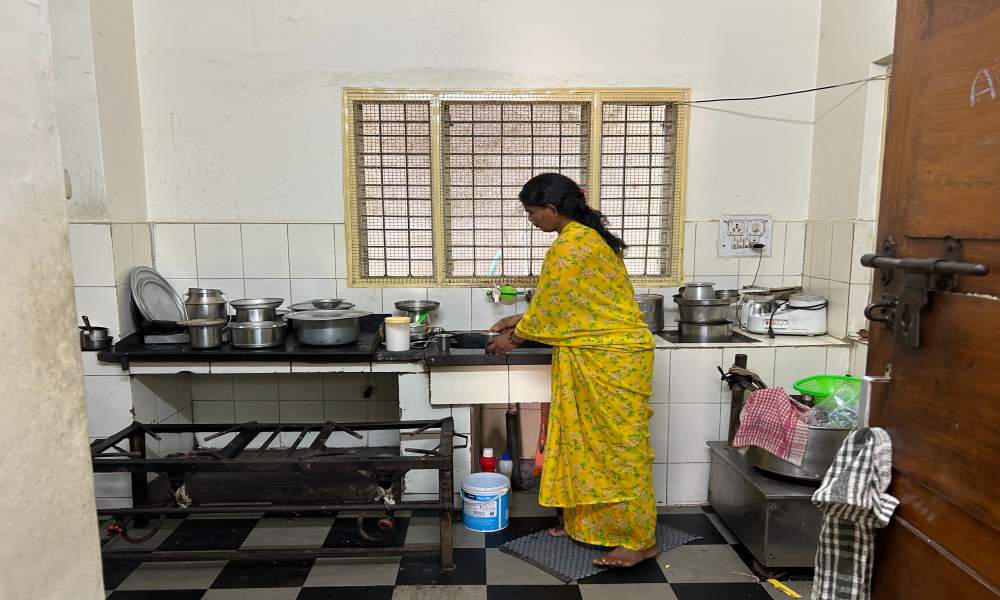Security, sick rooms, washing machines, disabled friendly ramps and washrooms are all lacking in women’s hostels in the city.
Most Working Women Hostels (WWH) in Karnataka do not provide basic facilities as mandated by the working women hostel scheme. Some hostel premises are being used for other purposes reports Comptroller and Auditor General of India (CAG).
Some other facilities that cannot be seen in some hostels in Karnataka are fire extinguishers, day-care centres, therapy rooms, and biometric entry system. Sanjana (name changed) lives in a working women hostel in Bangalore. She said that not having a washing machine is hard as she has to wash all her clothes after a long day at work. She also was concerned that her hostel does not have a sick room. “I recently came here but I wonder what it was like during COVID, ” she said.
The GoI guidelines provide for grants for replacement of items like washing machines and geysers once in five years, none of the WWHs in the State had submitted their proposals for availing this replacement grant noted the CAG report.
Karnataka has 62 WWH—19 of them do not have washing machines, 23 do not have disability friendly ramps and washrooms, some are not hostels but remain as abandoned buildings, some are used as boys hostels, public libraries, and 10 do not have fire extinguishers—the audit observed that the test-checked 26 hostels failed to provide all the prescribed facilities to the residents.
As there are no day-care centres mothers cannot stay at these hostels or they stay away from their children said a hostel resident.
Rajeshwari, a manager at a WWH said that they do not take physically handicapped people as it is a two-storey building and they do not have a ramp. She said that they were doing everything they can to provide a decent boarding for the residents. “What we make from the rent and the funding is just enough to last us for the month so we have just enough and we make do with that,” she said.
Most hostels do not have sick rooms and 18 WWHs do not have a therapy room. Radhika, a warden of a hostel said that they do not have a sick room and that they take sick residents to nearby hospitals where the resident pays the hospital bill. “During COVID, most residents went home and those who were here and got COVID were taken to the nearest hospital.” She added that now as the cases are rising they will follow the same procedure.
Many districts in Karnataka still have no WWH. Only 23 of the 31 districts have these hostels. Each resident pays Rs 5000 per month to live in a WWH. An inhabitant at one such hostel said that she was grateful for the existence of the hostel and its cheap rent as it gives her an opportunity to work away from home.
The WWHs work with the assistance of the Government of India (GoI) and the State Women and Child Department.
Dr Chandrashekar, a sociology professor said that working women hostels are an essential part of the system and play a crucial role in promoting gender equality and empowering women to participate fully in the workforce. “It gives them safe affordable accommodation and will help in their professional development,” he said.








